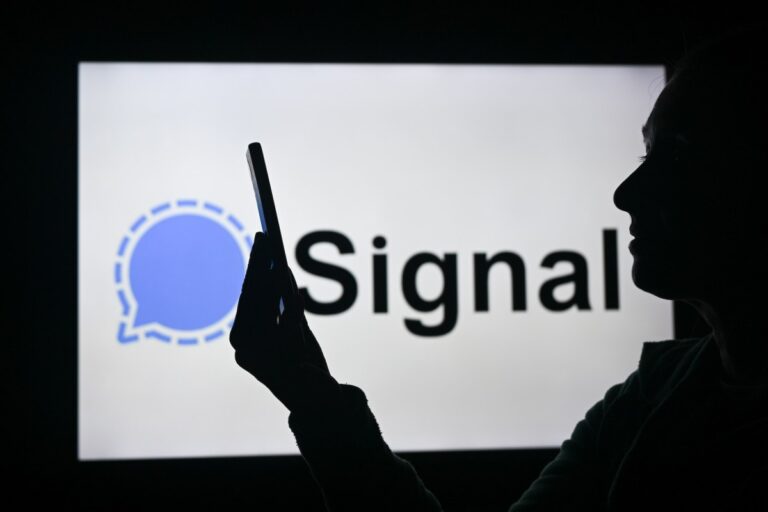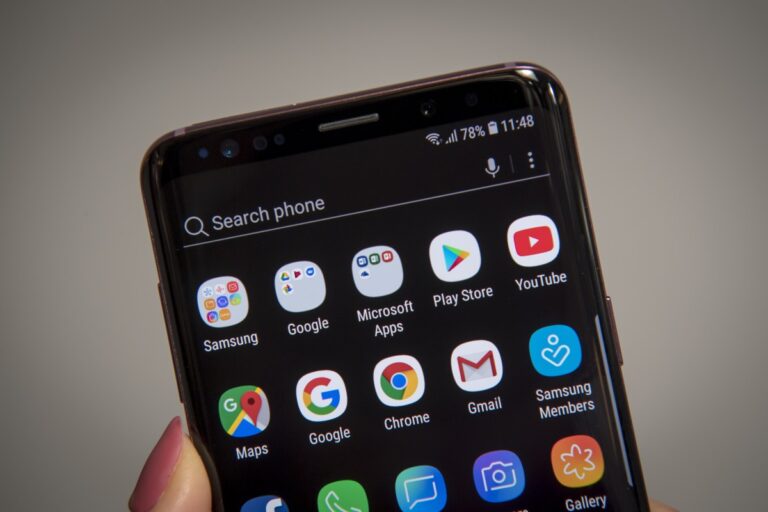
Similar Posts

Florida’s Controversial Draft Law: Mandating Encryption Backdoors for Social Media Accounts Deemed ‘Dangerous and Dumb’
Florida’s draft bill SB 868, aimed at enhancing law enforcement access to social media accounts, has gained attention after passing a key legislative hurdle. It mandates social media companies to create encryption backdoors for law enforcement subpoenas and allows parental access to minors’ accounts, while restricting disappearing message features. Critics, including tech firms and digital rights advocates, argue it undermines user safety by compromising encryption standards. The Electronic Frontier Foundation warns that the bill could make minors less safe. A related bill, HB 743, is pending in the House, as debates continue over user privacy implications.

White House Points Finger at Auto-Suggested iPhone Contacts in Signal Scandal
Atlantic editor-in-chief Jeffrey Goldberg was mistakenly added to a Trump administration group chat discussing military strategies due to a mix-up involving National Security Adviser Mike Waltz’s iPhone. Waltz had Goldberg’s contact saved and, while trying to add Trump spokesperson Brian Hughes to the chat, inadvertently included Goldberg instead. An internal investigation revealed that an auto-suggestion feature on Waltz’s iPhone had saved Goldberg’s number under Hughes’ name. Goldberg humorously acknowledged the situation but opted not to elaborate on his relationship with Waltz. This incident underscores the complexities of modern communication technology in high-stakes political contexts.

Why Government Officials Struggle with Digital Engagement: A Look at Online Competence
U.S. Secretary of Defense Pete Hegseth has come under fire for significant tech blunders compromising national security. A major incident involved National Security Advisor Michael Waltz discussing military plans against the Houthis in an unauthorized Signal chat, inadvertently including journalist Jeffrey Goldberg. Hegseth also shared sensitive information with family members, raising alarms about classified information handling. Additionally, technology like fitness apps such as Strava can expose military locations, while payment apps like Venmo reveal user spending habits, increasing privacy risks. These incidents highlight the urgent need for better digital security practices among government officials and the public.

SonicWall Alerts: New Zero-Day Vulnerability Exploited by Hackers to Compromise Customer Networks
A critical vulnerability in SonicWall’s SMA1000 remote access appliance poses a serious threat to businesses relying on remote access solutions. Identified as CVE-2025-23006, this zero-day flaw allows hackers to deploy malware without login credentials, leading to confirmed breaches. Discovered by Microsoft and actively exploited, the vulnerability highlights the urgency for organizations to apply SonicWall’s security hotfix. Thousands of unpatched SMA1000 appliances are exposed online, increasing risks for companies. Cybercriminals are increasingly targeting corporate security products, making prompt security updates essential. The U.S. Cybersecurity and Infrastructure Security Agency emphasizes the need for vigilance against evolving threats.

Google Patches Two Critical Android Zero-Day Vulnerabilities Targeted by Hackers
On Monday, Google announced a critical Android update to address two zero-day vulnerabilities, CVE-2024-53197 and CVE-2024-53150, which hackers have potentially exploited. CVE-2024-53197 was discovered by Amnesty International and Google’s Benoît Sevens, revealing its use against activists, including a Serbian student targeted by local authorities using Cellebrite’s technology. The second vulnerability, CVE-2024-53150, is located in the Android kernel but lacks detailed information. Google emphasized the need for prompt updates from manufacturers to maintain device security and will release source code patches within 48 hours. Timely updates are vital for protecting against cyber threats.

Unlock Privacy: Cape Launches $99/Month Beta Mobile Plan, Partners with Proton, and Secures $30M Funding!
Cape, a mobile carrier startup founded by a former Palantir executive and U.S. Army veteran, is addressing cybersecurity threats in telecommunications. The company has launched a beta of its Mobile Virtual Network Operator (MVNO) service for $99/month, emphasizing user privacy by not collecting personal data. Recently, Cape raised $30 million in funding, including $15 million in equity from various investors. The service offers unlimited voice, text, data, and encrypted voicemail, while protecting against SIM swapping. Partnering with Proton for added security features, Cape aims to meet the rising demand for privacy-focused mobile services, with general availability expected later this year.
